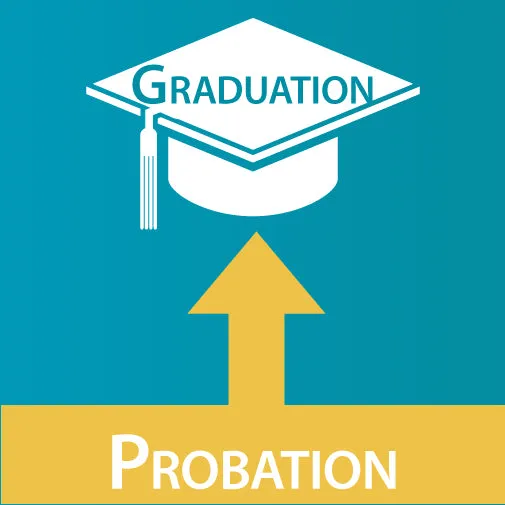Overview
“College students face a variety of obstacles that can affect their retention and graduation. Students who do not meet minimum grade point average (GPA) requirements are generally placed on an academic warning or probationary status that is often universally applied to all students and administrated by faculty or advisors. However, each students’ reasons for missing this academic mark are unique and include non-academic issues, such as anxiety, social alienation, and low self-esteem … In order to counteract these negative reactions, advising programs must be willing to address the needs of students on probation through varied strategies to help them construct more individualized academic plans, utilize resources in order to improve their performance, and address any personal issues that may be hindering their performance.” ~ Maureen R. McCoy, University of Louisville
This interactive webinar will explore the characteristics of college students who go on academic probation from various perspectives. We will discuss the advising challenges inherent to this population, how to overcome them and provide evidence-based best practices and strategies for retaining these students to graduation. We will also explain the various roles that all members of the campus community can play in responding to the advising needs of students on academic probation as well as examine successful programs and initiatives from across the nation that are currently being used to effectively and cost-efficiently meet their advising needs – and how these programs and initiatives can be adapted to a variety of higher education environments. Equal emphasis will be placed on helping both individual students on academic probation as well as institutions achieve their mutually-complementary objective: graduation and job placement.
Objectives
- Review the general characteristics of underprepared and/or unmotivated college students, with an emphasis on their advising needs
- Review the general characteristics of underachieving college students from various subpopulations such as veterans, minority, LGBTQIA, rural, urban and suburban, lower socioeconomic, transfer, international, and immigrant backgrounds
- Investigate the role of leadership in identifying and responding to the advising needs of college students who are on academic probation
- Conduct a needs analysis to determine how well their institution is doing at identifying and responding to the advising needs of college students who are on academic probation
- Assess and anticipate the evolving advising needs of college students who are on academic probation, for academic preparation, social integration, mental and emotional health considerations, and financial support
- Explore evidence-based best practices in coordinating comprehensive retention initiatives related to academic advising for college students who are on academic probation
- Examine mechanisms for keeping everyone at the institution on the same page for meeting the advising needs of college students who are on academic probation
- Critique real-life examples of effective and ineffective ways of responding to the advising needs of college students who are on academic probation
- Academic Advising & Retention
- Career Services/Career Center
- Orientation & Advising
- Admissions & Recruitment
- Enrollment Management
- Academic Affairs/Advising Faculty
- Student Services/Affairs
- Housing/Residence Life
- Student Conduct
- Any educator interested in learning more about advising students on probation















